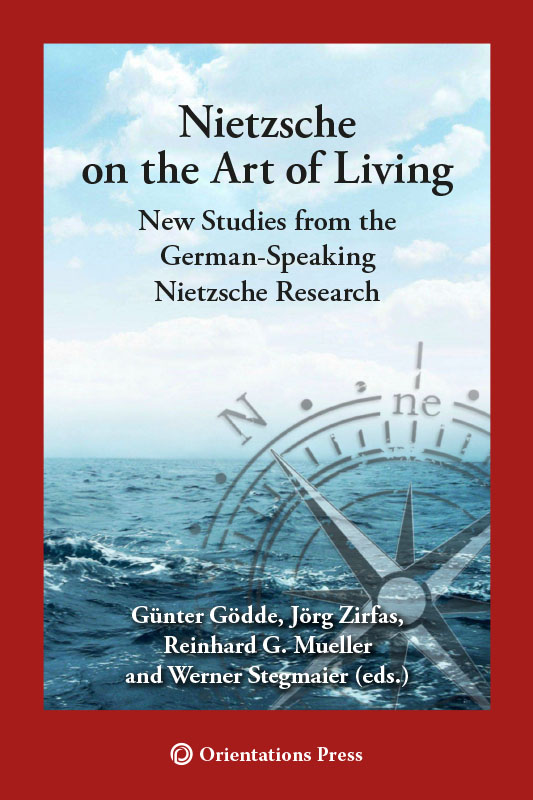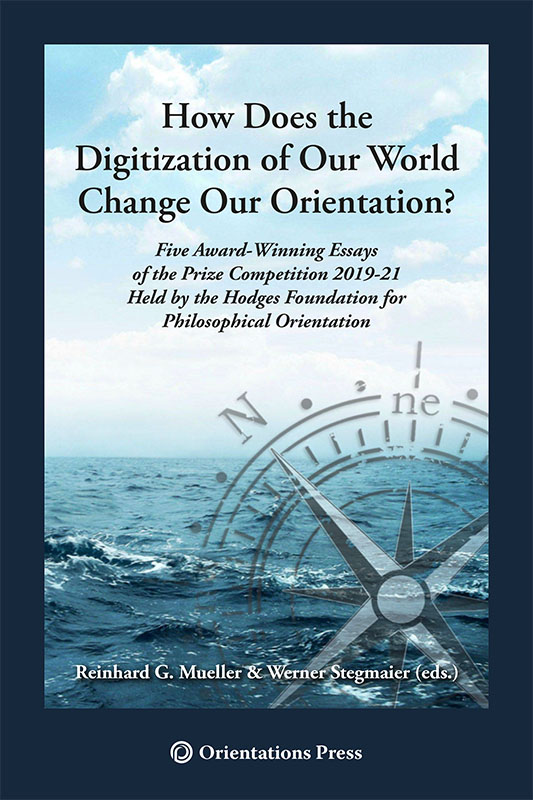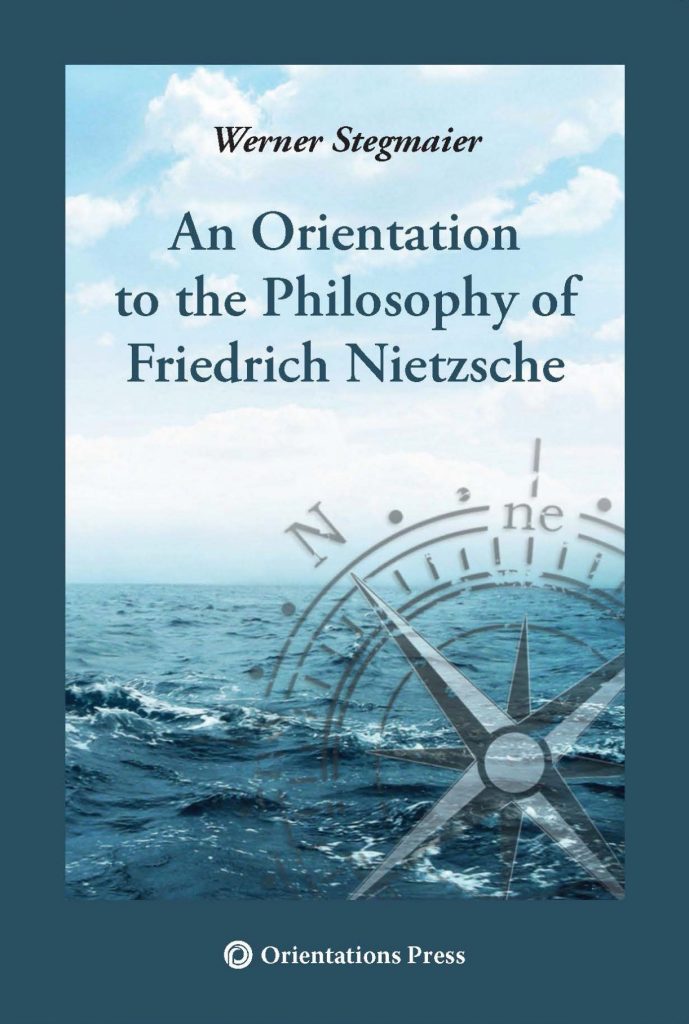
Orientations Press LLC is the official publishing house of the Foundation for Philosophical Orientation. It is dedicated to publishing texts concerning the philosophy of orientation and all issues that may belong to it.
Orientations Press publishes free eBooks, which you can download from our website, as well as prints available for purchase at production costs only. The publications will comprise texts exploring the complexities of human orientation, including, but not limited to: original research and dissertations connected with the philosophy of orientation; works on philosophers related to the philosophy of orientation (e.g., Nietzsche, Heidegger, Kant, Descartes, Aristotle, etc.); translations of Werner Stegmaier’s texts; the best essays submitted to our essay prize competitions; texts regarding orientation skills and particularly successful orientations in everyday and professional life. But not only philosophical aspects of orientation are of interest, but also biological, physiological, psychological, socio-psychological, economical, political, media, cultural, artistic, and religious. If you are interested in publishing a book or an article with us, please contact reinhard.mueller@hfpo.com.
Orientations Press
Through our periodic prize competitions, we seek to philosophically confront some of the most pressing reorientations humanity faces in the 21st century. The current digital transformation increasingly affects all dimensions of our orientation, most noticeably in how we communicate, process and store information, work and move in our everyday life, but also with regard to big data, universal surveillance, artificial intelligence, and the internet of things – to just mention a few main keywords. However, it is unclear how this change currently impacts our life and what the long-term consequences will be. As such, through our prize competition, we want to make a contribution to addressing this transformation and provide some initial footholds.
On the day of our foundation’s inauguration, on October 25, 2019, we launched a philosophical prize competition concerning the question of this volume. Here we collect the six award-winning contributions:
1st prize award: “Orientation to Profiles: Identity in a Digitized World” by Hans-Georg Moeller and Paul J. D’Ambrosio; 2nd prize award: “Meet the Moment: An Inventory of Experience in the Digital Era and the Call for Orientation Virtues” by Samantha Sprole; 3rd prize award: “The Digital Transformation of Human Orientation: An Inquiry into the Dawn of a New Era” by Christoph Durt; special student award: split between Abigail Bergeron’s “The Question Concerning Digital Technologies” and Paul Stephan’s “How Could and Should Digitization Change Our Orientation? On the Use and Abuse of Digitization from a Utopian Perspective.” Reinhard G. Mueller introduces the conception of this FPO prize competition, Werner Stegmaier its philosophical horizon.



